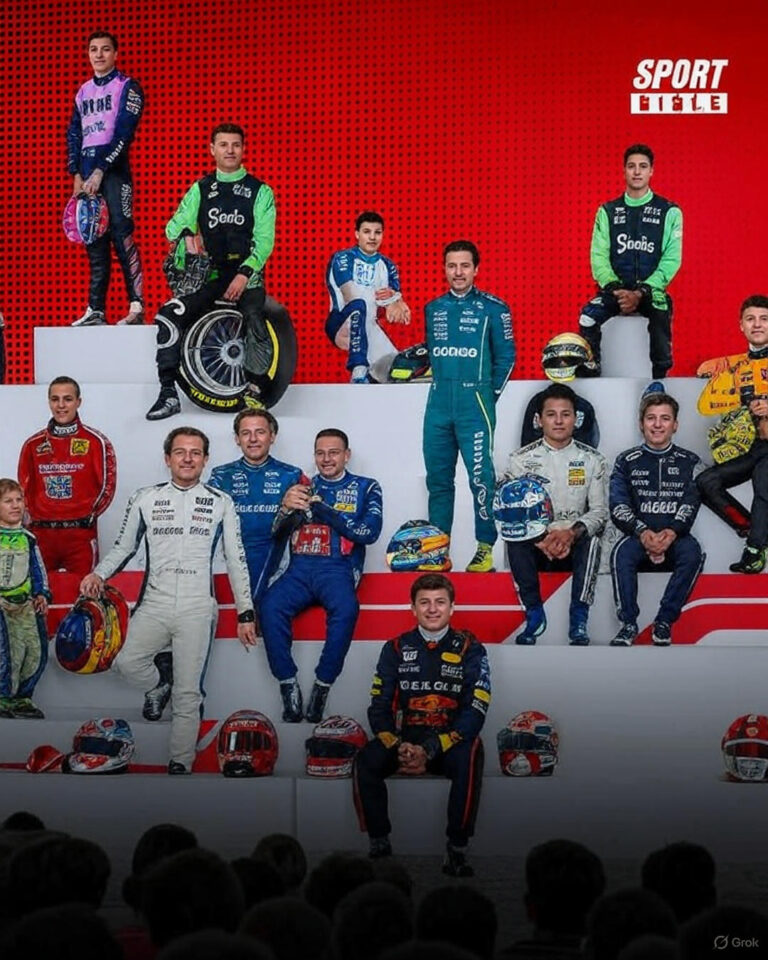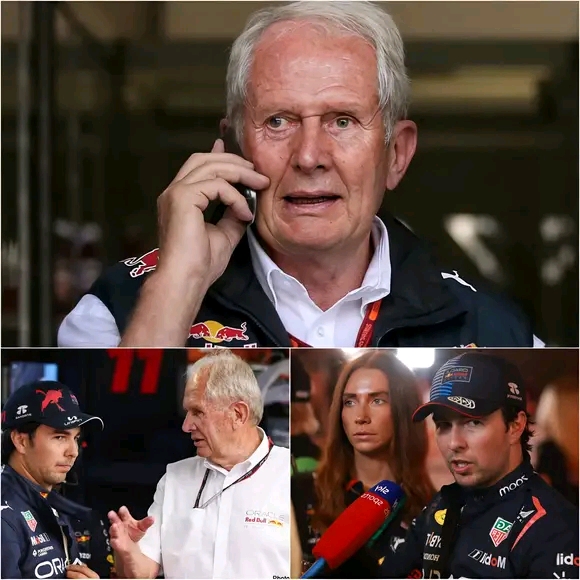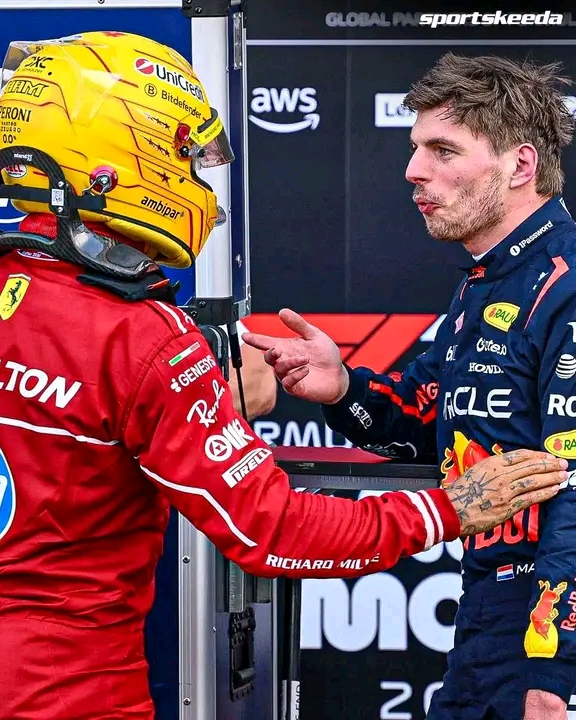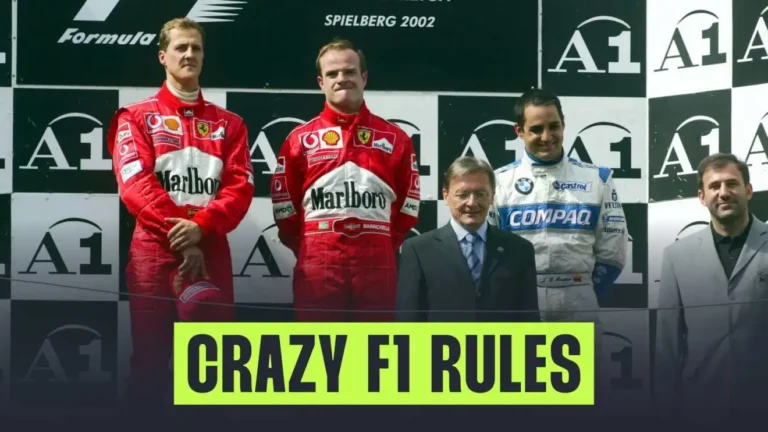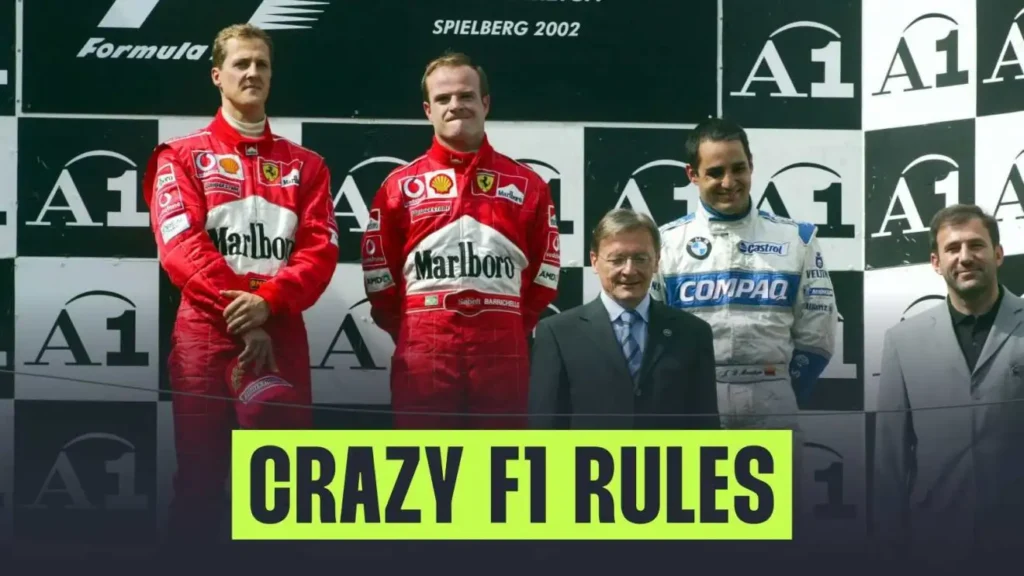
Formula 1 is no stranger to questionable decision-making, but its rulebook has hosted some truly head-scratching chapters. In the not-so-distant past, championship points were skewed by the bizarre “dropped races” system, where only part of the season counted — a quirk born from fragile machinery and awkward calendars that even included the Indianapolis 500. The result? Races that literally didn’t matter, a farce that limped on until 1991. Then came the 2014 Abu Dhabi finale’s infamous “double points” stunt — universally condemned as an artificial fix and axed after one humiliating season.
Technical overhauls have also flirted with absurdity. In the 1950s, the sport effectively downgraded itself to Formula Two specs, gifting Ferrari and Alberto Ascari two easy titles. Attempts to slow the cars — like grooved tyres in 1998 — lasted only until engineers clawed the speed back, forcing a return to slicks in 2009. Even helmet designs weren’t safe: the 2015 one-livery-per-season rule was so laughably petty it barely lasted a year.
The FIA’s obsession with control once stretched into driver contracts and personal conduct. The notorious 1982 superlicence forced team allegiance and vague morality clauses, sparking a Grand Prix Drivers Association boycott led by Niki Lauda. The licence was withdrawn, but drivers were still fined — proving that in that era, “control” was less about governance and more about power plays. More recently, the 2019 fastest-lap bonus point — only awarded to top-ten finishers — split opinion, with many calling it a pointless gimmick.
Race weekend formats have been equally unstable. From 1997’s restrictive practice mileage limits to the post-2002 team-orders ban (which died in 2011 after years of cheeky coded messages like “Fernando is faster than you”), every change seemed to invite loopholes. And then came sprint races in 2021 — billed as “extra entertainment” but slammed by purists as little more than a diluted main event.
Through it all, one thing is clear: Formula 1 has a long history of dressing up bad ideas as progress. As the sport barrels toward its 2026 overhaul, it’s worth remembering that not every “innovation” makes the racing better — and in F1, a rule is never more temporary than the day it’s announced.

